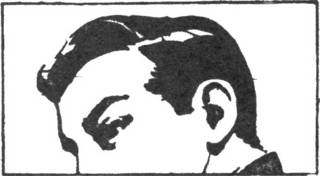"A packet of Aishwarya.” That’s what a gram of cocaine is being called by those looking for a stash for their New Year parties. The code words don’t end there. Suppliers are calling hashish ‘Katrina’, while ketamine hydrochloride has been codenamed ‘Rakhi’. Buyers and sellers of narcotics, known to troll the city’s party spots every New Year’s Eve, are using these code words to stay under the police radar.
..It’s not just popular actors’ names that are being used. A drug party is being called a baithak (meeting), while a rave party is being called “420”. Cocaine is also being called ‘coco cola’, ‘cola’ and ‘white’; hashish has been nicknamed goli (tablet) or ‘black’.If, at a pub, someone asks for a ‘tissue’ he or she is likely to be seeking LSD, a hallucinogen. Heroin is being sold as ‘brown’.
Even party spots have been given code names. The invitation to a rave party at Madh Island would simply ask you to come to ‘midland’, while it would be ‘garden’ for Gorai. Ghodbunder Road in Thane has been named ‘Kalaghoda’ and Yeoor ‘jungle’. ‘Sea face’, meanwhile, is the code word for Goa.
(Narco cops on ‘Rakhi’, ‘Aishwarya’ trail, Hindustan Times, 31 Dec 2010)
I’d almost be willing to post Claire Moses’ NY Times story (archived) just
for the bare existence of the word Böögg, but I’ll use the proposed
etymology in...


